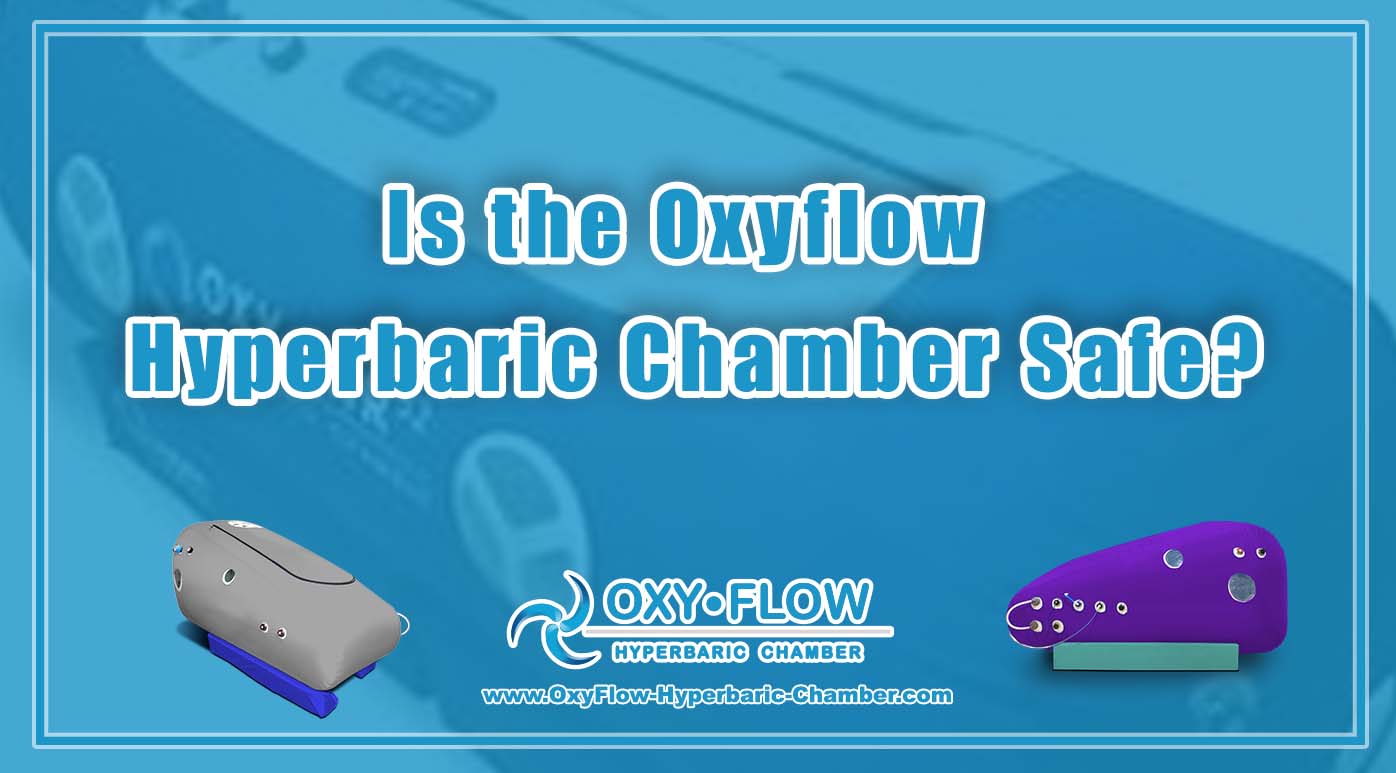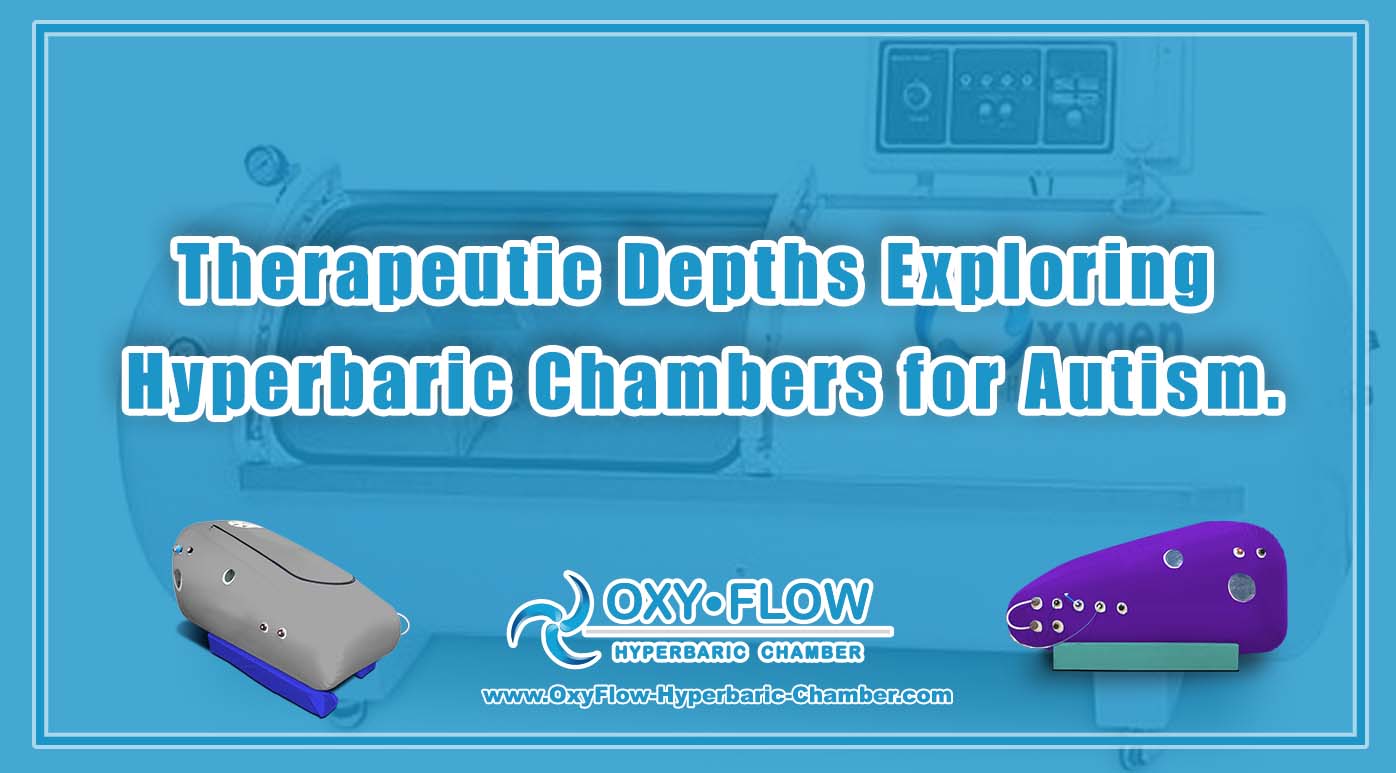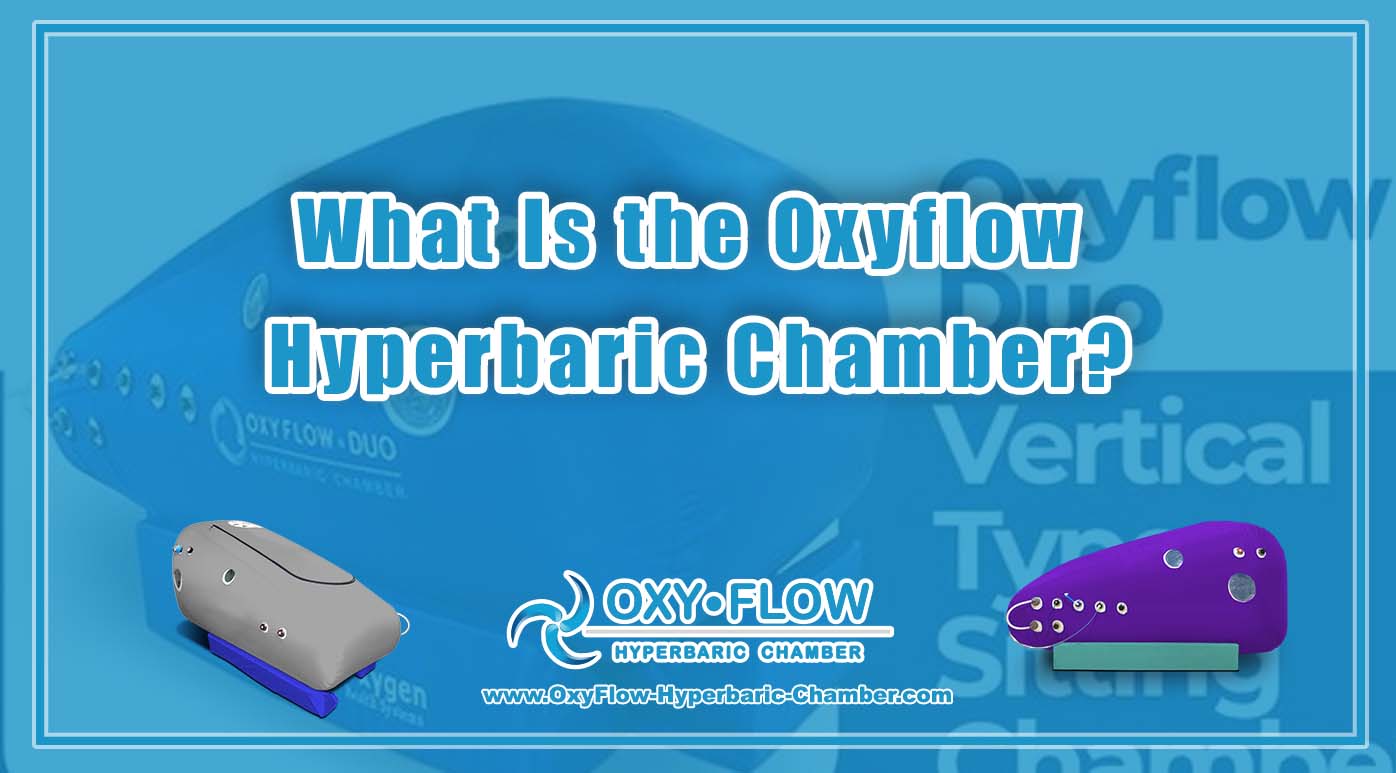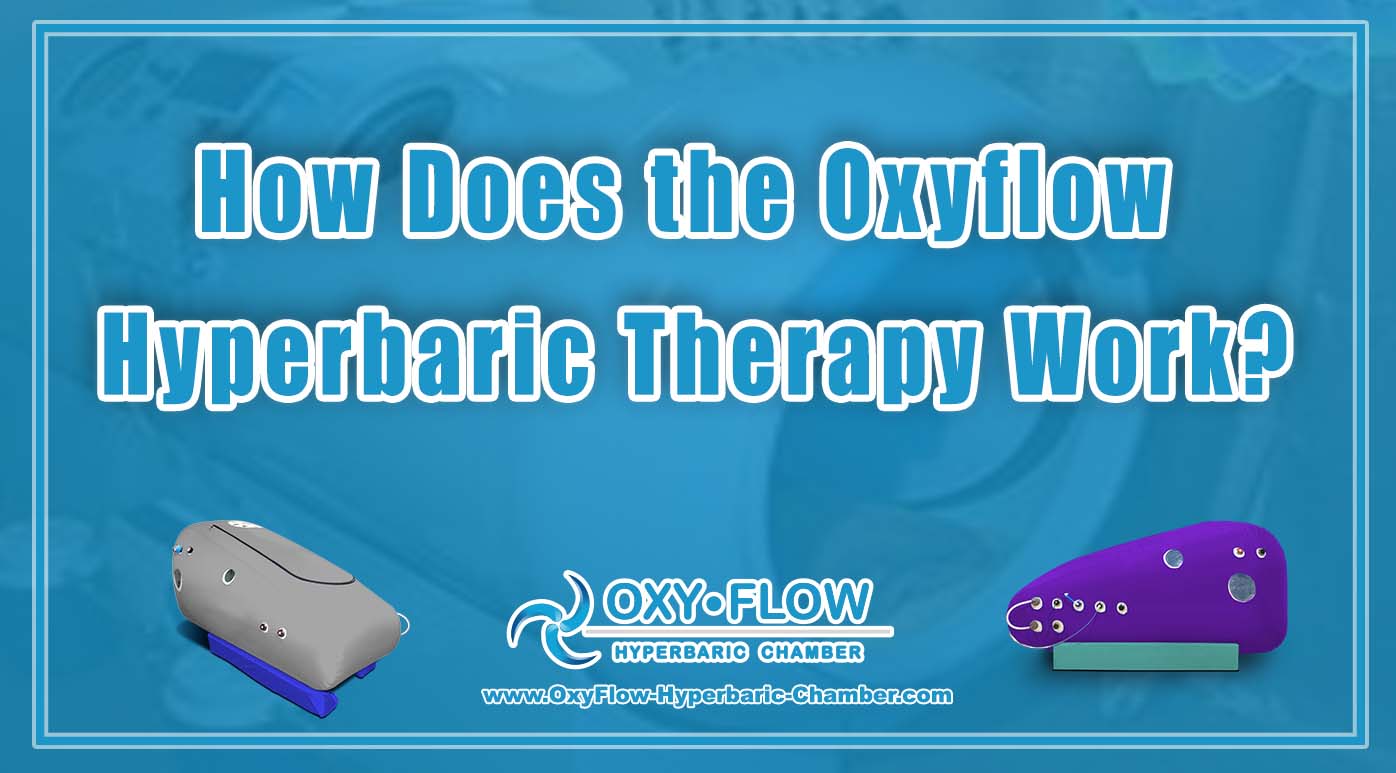
Menu
Therapeutic Depths | Exploring Hyperbaric Chambers for Autism.
Therapeutic Depths | Exploring Hyperbaric Chambers for Autism.

Therapeutic Depths Children with autism often face a wide range of challenges that can affect their daily lives. Finding effective therapies to help manage these challenges is a top priority for many parents and caregivers. One emerging therapy that has shown promise in treating symptoms of autism is hyperbaric oxygen therapy (HBOT).
Understanding Hyperbaric Oxygen Therapy.
Hyperbaric oxygen therapy involves breathing in pure oxygen in a pressurized chamber. The increased pressure allows the lungs to absorb more oxygen. This process can help improve oxygen delivery to tissues and organs, promoting healing and reducing inflammation.
By increasing oxygen levels in the brain, HBOT may help improve brain function, reduce inflammation, and support overall cognitive well-being.
Therapeutic Depths Potential Benefits for Autism.
While research on the use of hyperbaric chambers for autism is still ongoing, initial studies have shown promising results. Some of the potential benefits of HBOT for individuals with autism include:
- Improved Communication: HBOT may help enhance communication skills in individuals with autism, making it easier for them to interact with others and express their needs and emotions.
- Reduced Sensory Issues: Many individuals with autism experience sensory sensitivities that can be overwhelming. HBOT has the potential to reduce sensory issues, allowing individuals to feel more comfortable in their surroundings.
- Enhanced Cognitive Function: By improving oxygen delivery to the brain, HBOT may help enhance cognitive function, including memory, attention, and problem-solving abilities.
- Decreased Inflammation: HBOT has anti-inflammatory properties that can help reduce inflammation in the body and brain.
Therapeutic Depths Considerations for Hyperbaric Oxygen Therapy.
Before considering hyperbaric oxygen therapy for a child with autism, it’s essential to consult with healthcare professionals experienced in this treatment approach. Here are some key considerations to keep in mind:
- Safety: Hyperbaric chambers should only be used under the supervision of trained professionals to ensure the safety of the individual undergoing therapy.
- Treatment Plan: The duration and frequency of treatment will vary depending on the individual’s needs and response to therapy.
- Cost: Hyperbaric oxygen therapy can be expensive, and insurance coverage may vary. It’s essential to consider the financial implications and explore potential funding options.
- Potential Side Effects: While HBOT is generally considered safe, some individuals may experience mild side effects such as ear popping, sinus pain, or temporary vision changes. These side effects are usually mild and resolve quickly.
Conclusion.
Hyperbaric oxygen therapy holds promise as a complementary treatment for individuals with autism. By improving oxygen delivery to the brain and reducing inflammation, HBOT may help address some of the core symptoms associated with autism. As research in this area continues to evolve, it’s essential to work closely with healthcare providers to explore the potential benefits and risks of hyperbaric chambers for autism.
Recent Posts
Product categories
Ready for Hyperbaric Oxygen Chamber?
stay up to date with the latest news


